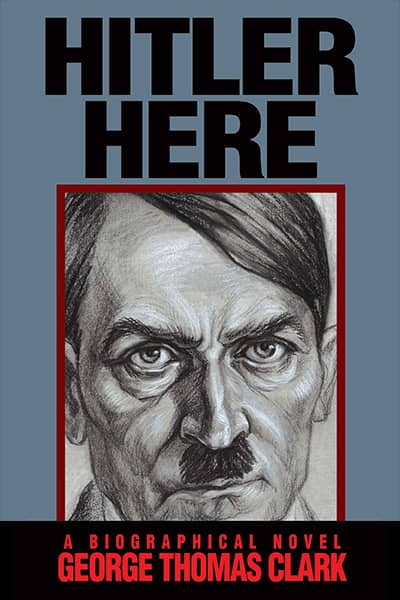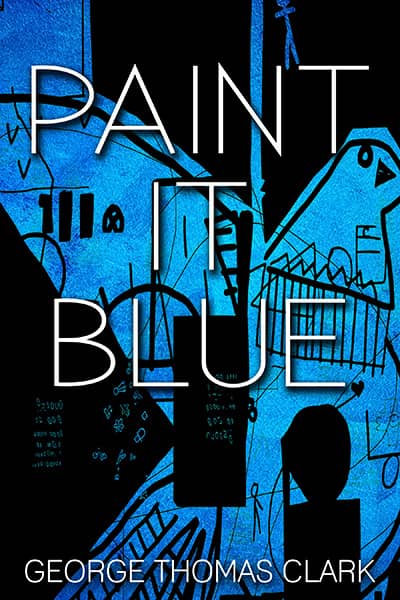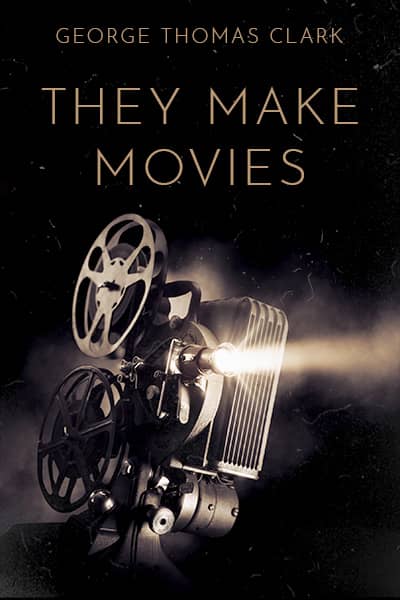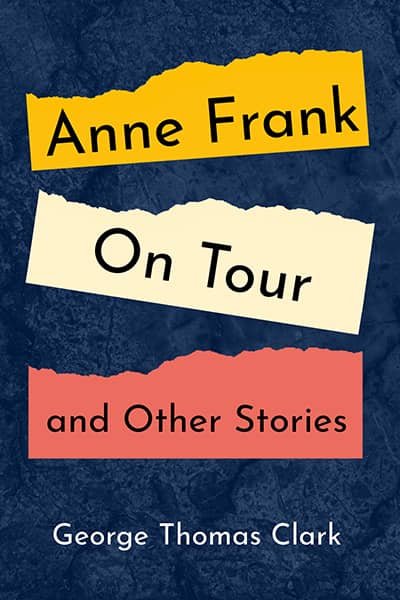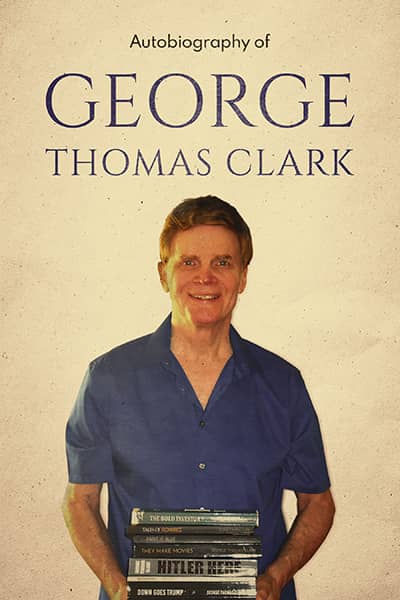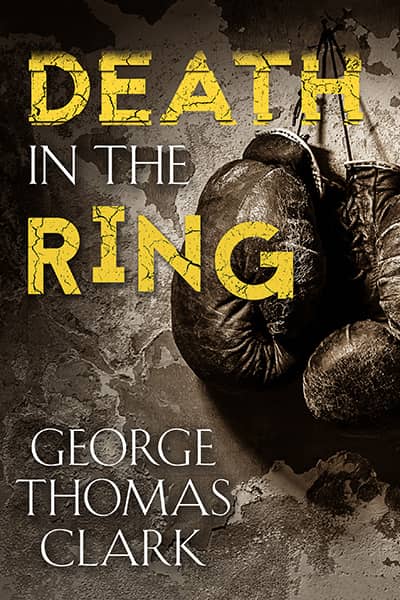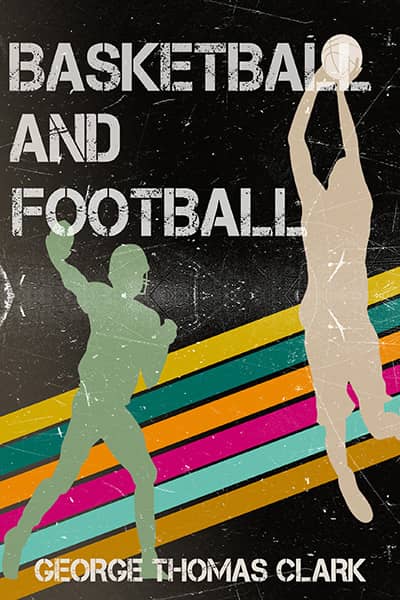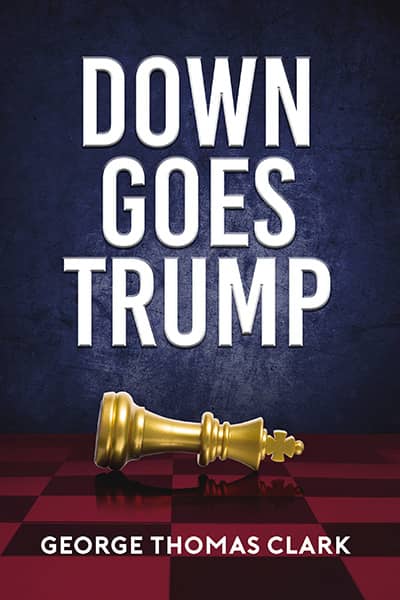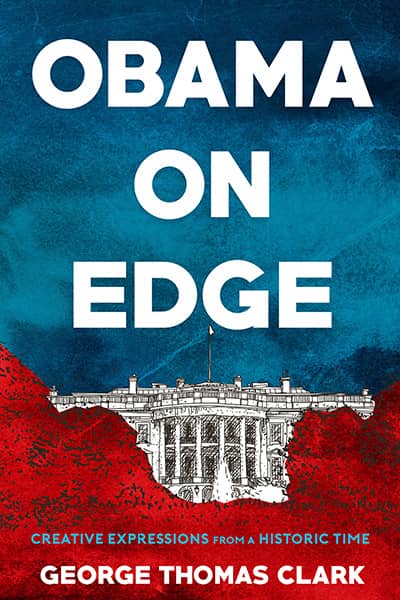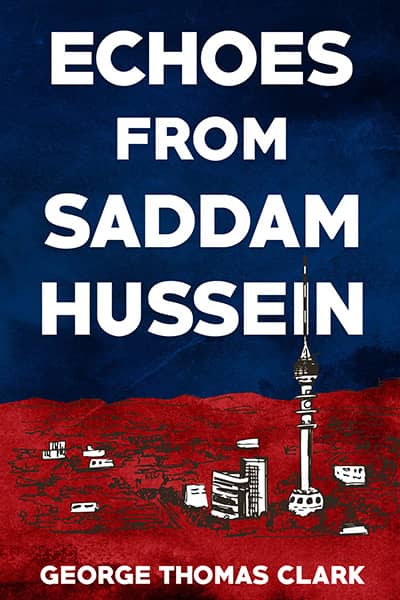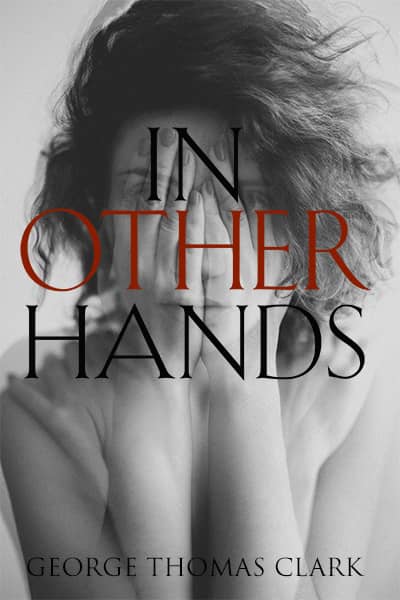The Nightmare of Cho Seung-Hui
April 24, 2007
As a boy I couldn’t talk much and didn’t like it when people spoke to me. I ignored them if I could. They should’ve kept away; I hated their hugs and kisses. I wanted to be alone in a desolate world. When my older sister did not understand that, I’d hit her hard. My parents usually didn’t say much. Sometimes they took me to church for counseling but really didn’t want to know if I had autism or any other mental problem. That would’ve lowered their status in the Korean immigrant community in Virginia. Actually, they had no status. They worked all the time as dry cleaners and avoided social contacts. They preferred to brag to relatives about my sister and were relieved that I, though silent and sullen, at least got good grades. That’s what counted. Someday I’d make something of myself.
I could’ve become something beautiful but in middle school and high school the students bullied and made fun of me. “Why can’t you talk, Seung?” they’d say. I didn’t want to and really wasn’t able to, not in a normal way when people were looking. An English teacher nevertheless threatened to flunk me when I refused to read a passage aloud. I should’ve died instead of speaking words in a voice not my own that students laughed at and shouted, “Go back to China.”
They couldn’t understand. My head didn’t feel right. Neither did my eyes. I had to hide them with sunglasses at Virginia Tech. I also used a cap to obscure my head, which I felt looked strange and held down as I walked. I had to have these shields. Too many people were staring. Some pretended to say hello and try to talk, but they were killing me.
I still wanted to be part of them. In September 2005 I started using my cell-phone camera to snap photos of girls’ legs under the desks in an English class. This was a compliment but they complained and looked mean at me and refused to come to class. No one liked my powerful writing, either, and the teacher reported me and got me yanked from the class.
I needed someone. In November 2005 I messaged a girl I liked then went to her room and said, “I’m Question Mark,” and stared into “her eyes to see how cool she was.” I wanted a cool girlfriend like a supermodel. Instead, I saw a “promiscuous” and arrogant woman who examined me like I was an insect then notified the police. A couple of weeks later another girl did the same, and demanded the police make sure I had “no further contact with her.” They’d rejected me like everyone I’d ever known, and I wanted to die. I was going to. I would have. But someone told authorities I might be suicidal and the police took me to the station then to an off-campus mental health facility where a counselor “recommended involuntary commitment” and convinced a judge to declare I represented an “imminent danger” to myself and others, and he ordered me to a psychiatric hospital for evaluation.
There was nothing wrong with me. A doctor recorded that my “insight and judgment (were) sound.” It didn’t matter he also felt my “affect (was) flat and mood (was) depressed” or that I denied “suicidal ideations” and refused to “acknowledge symptoms of a thought disorder.” The doctor wrote I was mentally ill but not an “imminent danger” to anyone. He ordered outpatient treatment, and I carried medications in my backpack but didn’t need them.
I had to get back to school. I loved to write. I couldn’t talk to anyone but myself in a literary world full of blood and violence and perversity, just like the real world. More English teachers complained, forming a “task force” against me. They and all the rich and hedonistic students thought I was weird. Do you understand what it’s like when everyone feels that way about you? I knew those who tried to talk to me were really smirking about how easily they’d “vandalized my heart and raped my soul.”
By early 2007 I could no longer endure their love of “crucifying me” and watching me “be humiliated and impaled upon a cross and left to bleed to death.” Like Jesus Christ, I had to sacrifice myself to defend generations of the weak and defenseless. I bought two pistols and lots of ammunition and a hunting vest to carry the ammo and chains to lock doors then exercised in a gym and practiced at the shooting range. Finally I was prepared, and knew those who’d persecuted me would “have blood on (their) hands that will never wash off…I didn’t have to do this…I could have fled, but no. I will no longer run. If not for me, for my children, for my brothers and sisters…I did it for them.”
I killed a young woman and man in a dormitory early on Monday April 16, 2007 then departed and, peering from under the hood of a coat, recorded a video that is astonishing: look at me. I’m speaking calmly and well and offer a little smile as I say, “This is it. This is where it all ends. End of the road. What a life it was. Some life.” Then to a network I mailed my writings and videos and photos of myself pointing guns at your head and mine and holding a knife at my throat, which means your throat, and drove to a building of classrooms and chained the main door shut and, after twice peeking through the window of a door to a class, ran in and starting shooting, and shot as many people as many times in as many classrooms as possible and didn’t stop until I heard the police shotgun blast break my chains below and then I shot the person I should’ve shot a long time ago.
